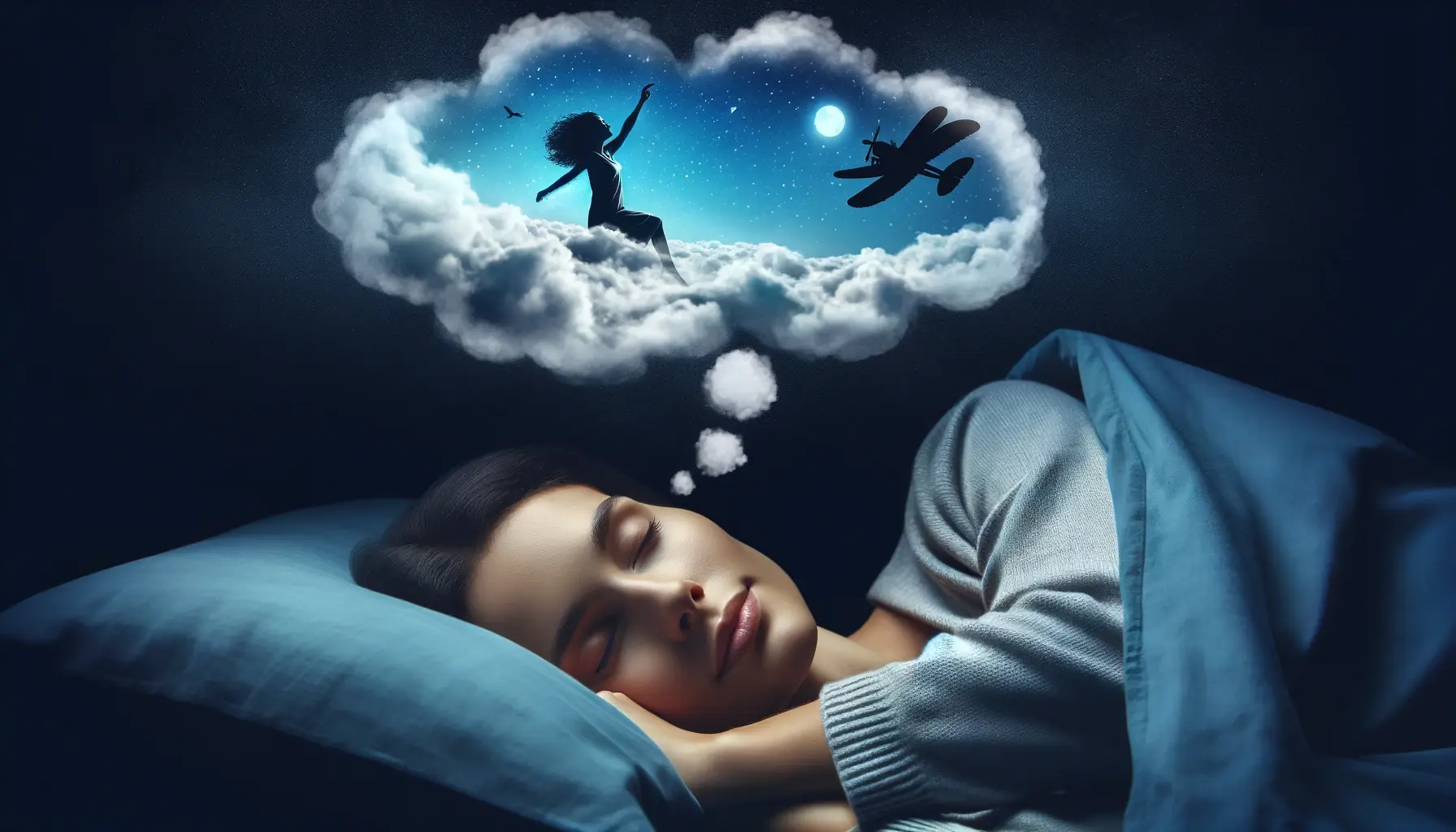Yes, research have reported that music have stronger impact on your emotions. No doubt we like and select music according to our mood, but it serves as fuel too.

Impact of Music on Mood and Emotions

2 Minutes Psychology
Sep 10, 2025
Music, an art form that transcends boundaries, has an uncanny ability to resonate with our deepest emotions. From the gentle hum of nature to the orchestrated melodies of grand symphonies, music has been a constant companion in humanity's journey, echoing our joys, sorrows, hopes, and dreams.
Understanding the Connection Between Music and Emotion
Music, in its myriad forms, has always reflected the human spirit. It captures the essence of moments, both monumental and mundane. Music, often described as the language of the soul, offers a window into our deepest feelings, desires, and experiences. Music can evoke a spectrum of emotions, whether it's the sad strains of a violin, the jubilant beats of a drum, whether it's the sad strains of a drum or the lyrical poetry of a song. It can make us laugh, cry, dance, or introspect, often transporting us to places within our minds that words alone cannot reach.
The Science Behind Music and Emotional Responses:
The brain is a complex organ, and its interaction with music is fascinating. Our brain releases dopamine when we listen to melodies that resonate with us. This neurotransmitter is often associated with pleasure, reward, and motivation. This is why a particular song can transport us back to a specific memory or evoke intense emotions, from the euphoria of love to the depths of sorrow.
Different Genres and Their Emotional Impact:
Genres are like the diverse languages of music. With its powerful beats and often rebellious lyrics, rock can evoke feelings of empowerment and defiance. Classical music can transport listeners to tranquility or deep introspection with its intricate compositions. Blues, with its soulful melodies, often speaks of heartbreak and longing. Each genre, with its unique blend of instruments, tempo, and lyrics, offers a different emotional experience.
How music influences our Daily Life:
Music, in its diverse forms and manifestations, has woven itself into the very fabric of our existence. It's not just an art or entertainment; it's a reflection of life, a universal language that resonates with the young and old alike. From the first rays of the sun accompanied by nature's orchestra to the gentle hums that bid the world goodnight, music plays a pivotal role in our daily routines and rituals. Let's delve deeper into its profound influence on our everyday lives.
1. A Source of Motivation and Energy:
For many, the day begins with an energizing playlist that serves as an auditory caffeine. The beats of pop, rock, or electronic music can set the pace for the day, motivating us to tackle challenges head-on. Whether it's during a morning jog or a commute to work, music provides the momentum to kickstart our day.
2. Enhancing Work and Productivity:
In workplaces and study areas, music is often a companion. Instrumental tracks or ambient sounds can enhance concentration, drown out distractions, and increase productivity. For tasks that might seem monotonous, music adds a rhythm, making them more enjoyable.
3. Emotional Resonance and Reflection:
Music serves as an emotional outlet. During moments of solitude, introspective tracks can help us navigate our feelings, offering solace during heartbreak or amplifying joy in moments of happiness. It's a medium through which we can reflect, reminisce, and even heal.
4. Social Connections and Celebrations:
From birthdays and weddings to festivals and gatherings, music is the heartbeat of celebrations. It brings people together, fostering connections and creating shared memories. Dancing to a tune or singing along with a group strengthens communal bonds and creates moments of collective joy.
5. A Tool for Relaxation and Meditation:
After a hectic day, many turn to music for relaxation. The soothing sounds of classical music, nature tunes, or acoustic melodies can calm the mind and relax the body. Many meditation practices also incorporate music or rhythmic chants to aid in mindfulness and relaxation.
6. Cultural Expression and Education:
Music is a reflection of culture and history. Traditional and folk music introduce us to the stories, values, and rhythms of different cultures. They serve as an educational tool, teaching us about the world's diverse tapestry of traditions and narratives.
7. Nurturing Creativity and Imagination:
For the creatively inclined, music is both an inspiration and a canvas. It sparks imagination, leading to the creation of art, literature, and even more music. Songwriters pen down stories, composers experiment with notes, and dancers move to the beats, all driven by the boundless realm of musical creativity.
8. Bedtime Rituals and Sleep:
As the day winds down, lullabies and soft tunes come into play, especially for the young ones. The rhythmic melodies and calming lyrics aid in transitioning to a restful sleep. For adults too, certain music can act as a sleep aid, ensuring a peaceful night's rest.
Music as a Tool for Mood Regulation:
Music is often our go-to remedy for various moods. Are you feeling down? The cheerful beats of pop songs can lift our spirits. Need to focus? The gentle strumming of acoustic guitars or the soft notes of a piano can provide the perfect backdrop for concentration. Many workplaces and study areas play instrumental music to boost productivity.
The Role of Music in Significant Life Events:
Life is a tapestry of moments, and music adds colour to these moments. The joyous tunes played during weddings capture the essence of love and union. The melancholy melodies at funerals help express grief and remembrance. Birthdays, graduations, anniversaries – every significant event has its soundtrack, making moments memorable.
The Therapeutic Benefits of Music
Music's healing properties have been recognized for centuries, from ancient tribes using rhythmic chants for healing rituals to modern therapists employing music for rehabilitation.
Music Therapy and Its Healing Power:
Music therapy is a specialized field where trained professionals use musical interventions to address clients' individualized needs. For children with autism, music can be a medium to improve communication and social interaction. For stroke survivors, rhythm-based exercises can aid in physical rehabilitation. The therapeutic scope of music is vast and varied.
Using Music to Combat Stress and Anxiety:
In today's fast-paced world, stress is a common ailment. Here, music emerges as a balm for the weary soul. The soothing tunes of nature sounds, classical pieces, or even soft jazz can lower cortisol levels, the body's primary stress hormone. Many turn to music as a form of meditation, finding solace in its harmonious embrace.
Cultural Differences in Musical Emotion
Music, though universal, is deeply rooted in culture. It reflects the history, values, and emotions of communities.
The Universal Language of Music:
Every corner of the world has its musical story. The rhythmic beats of African drums tell tales of the continent's rich heritage. The haunting melodies of the Middle Eastern Oud evoke images of deserts and caravans. The lively tunes of Latin American salsa bring forth the spirit of dance and celebration.
How Different Cultures Express Emotion Through Music?
Emotions, though universal, find varied expressions across cultures. In India, the ragas of classical music are designed to evoke specific feelings, from the joyous beats of Raga Bhairavi to the melancholy strains of Raga Malkauns. In contrast, the passionate flamenco of Spain, with its intense guitar playing and emotional dance, expresses deep emotions ranging from love to despair.
In conclusion, music is the soul's language. It speaks of shared experiences, individual journeys, and the emotions that colour our lives. It's a bridge connecting hearts, a healer for wounded spirits, and a companion in life's symphony. Whether you're lost in thought with headphones on or dancing to a tune with loved ones, music is the thread that binds us in shared humanity.
Community
Share your experience
Let's Meet 2 Minutes Psychology
Aug 28
Remember
Let's Meet 2 Minutes Psychology
Aug 28
Cognitive Behavioral Therapy (CBT) and anxiety coping skills
Let's Meet 2 Minutes Psychology
Aug 28
Anxiety coping skills for teens
Let's Meet 2 Minutes Psychology
Aug 28
Grounding techniques
Let's Meet 2 Minutes Psychology
Aug 28
Related Posts
Categories
FREQUENTLY ASKED QUESTIONS
Does listening sad music make you sad?
Does Music helps in stress reduction?
In today's fast-paced world, stress is a common ailment. Here, music emerges as a balm for the weary soul. The soothing tunes of nature sounds, classical pieces, or even soft jazz can lower cortisol levels, the body's primary stress hormone. Many turn to music as a form of meditation, finding solace in its harmonious embrace.
How Different Cultures Express Emotion Through Music:
Emotions, though universal, find varied expressions across cultures. In India, the ragas of classical music are designed to evoke specific feelings, from the joyous beats of Raga Bhairavi to the melancholy strains of Raga Malkauns. In contrast, the passionate flamenco of Spain, with its intense guitar playing and emotional dance, expresses deep emotions ranging from love to despair.
.png)

